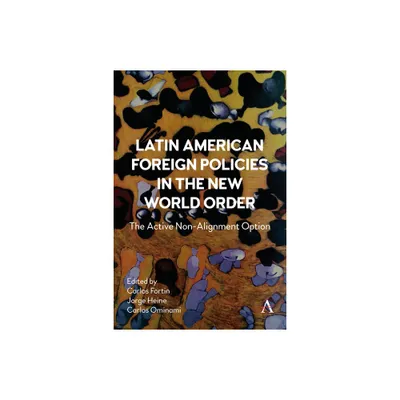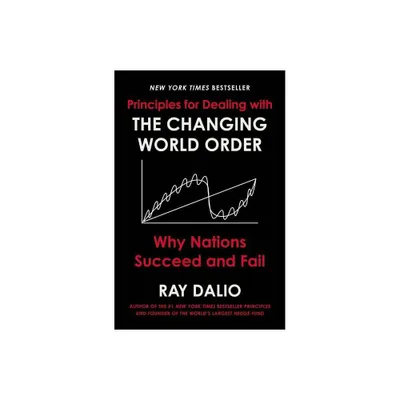Home
Turkey's Pivot to Eurasia: Geopolitics and Foreign Policy a Changing World Order
Loading Inventory...
Barnes and Noble
Turkey's Pivot to Eurasia: Geopolitics and Foreign Policy a Changing World Order
Current price: $54.99


Barnes and Noble
Turkey's Pivot to Eurasia: Geopolitics and Foreign Policy a Changing World Order
Current price: $54.99
Loading Inventory...
Size: Paperback
*Product Information may vary - to confirm product availability, pricing, and additional information please contact Barnes and Noble
This book discusses and analyses the dimensions of Turkey’s strategic rapprochement with the Eurasian states and institutions since the deterioration of Ankara’s relations with its traditional NATO allies.
Do these developments signify a major strategic reorientation in Turkish foreign policy? Is Eurasia becoming an alternative geopolitical concept to Europe or the West? Or is this ‘pivot to Eurasia’ an instrument of the current Turkish government to obtain greater diplomatic leverage? Engaging with these key questions, the contributors explore the geographical, political, economic, military and social dynamics that influence this process, while addressing the questions that arise from the difficulties in reconciling Ankara’s strategic priorities with those of other Eurasian countries like Russia, China, Iran and India. Chapters focus on the different aspects of Turkey’s improving bilateral relations with the Eurasian states and institutions and consider the possibility of developing a convincing Eurasian alternative for Turkish foreign policy.
The book will be useful for researchers in the fields of politics and IR more broadly, and particularly relevant for scholars and students researching Turkish foreign policy and the geopolitics of Eurasia.
Do these developments signify a major strategic reorientation in Turkish foreign policy? Is Eurasia becoming an alternative geopolitical concept to Europe or the West? Or is this ‘pivot to Eurasia’ an instrument of the current Turkish government to obtain greater diplomatic leverage? Engaging with these key questions, the contributors explore the geographical, political, economic, military and social dynamics that influence this process, while addressing the questions that arise from the difficulties in reconciling Ankara’s strategic priorities with those of other Eurasian countries like Russia, China, Iran and India. Chapters focus on the different aspects of Turkey’s improving bilateral relations with the Eurasian states and institutions and consider the possibility of developing a convincing Eurasian alternative for Turkish foreign policy.
The book will be useful for researchers in the fields of politics and IR more broadly, and particularly relevant for scholars and students researching Turkish foreign policy and the geopolitics of Eurasia.


















